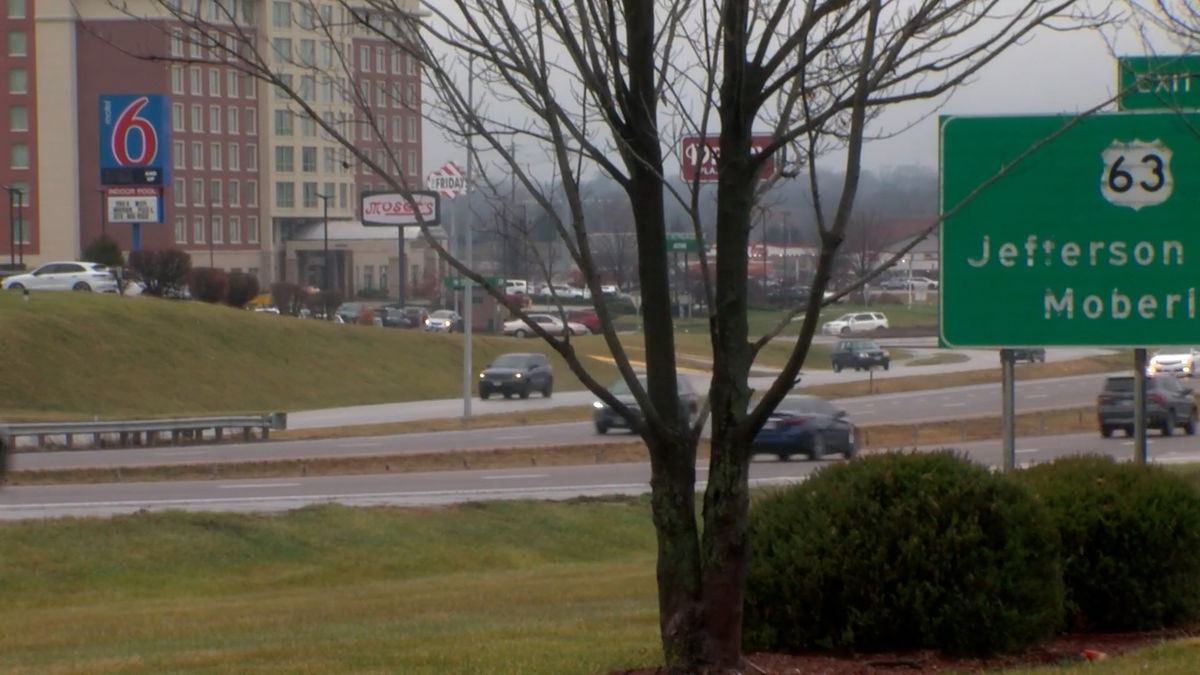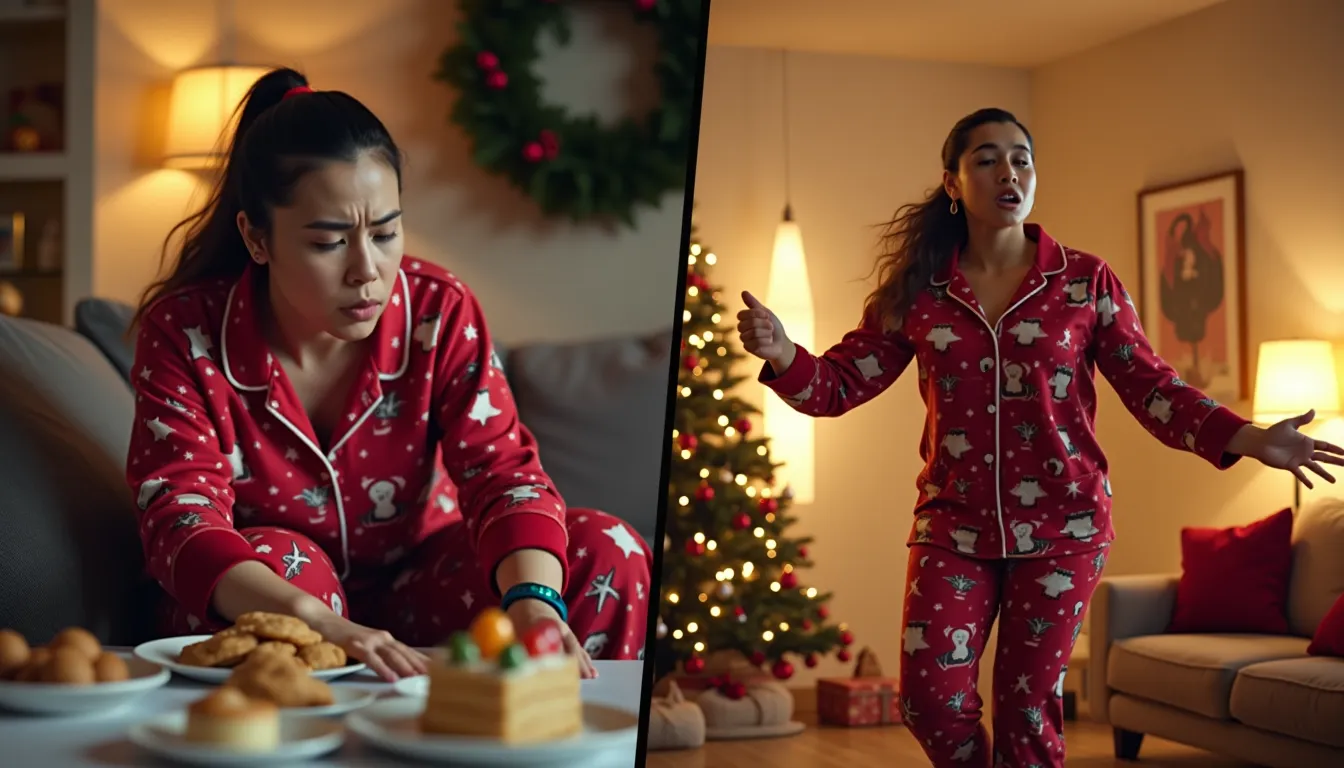Sports
Voter records put under microscope in Missouri sports betting amendment trial • Missouri Independent

A Cole County Circuit Court judge must soon decide whether Missouri voters will be able to enshrine sports betting in the state’s constitution.
A lawsuit brought by two political strategists questions the validity of the signature verification process used by the Secretary of State’s Office. The proposal was certified for the November ballot after being deemed to have collected enough signatures in all but two congressional districts.
Need to get in touch?
Have a news tip?
But over the course of a nearly seven-hour hearing on Thursday, both sides picked through individual voter records in Missouri’s 1st Congressional District after a petition management firm hired by the plaintiffs said it had found around 750 signatures that should have been deemed invalid — enough to drag the petition below the threshold needed to be placed on the ballot.
Attorneys representing the secretary of state and the sports betting campaign, Winning for Missouri Education, prodded at the petition management firm’s techniques.
Kevin Oglesby, a manager for National Political Consultants Inc — whose company has been investigated for misrepresenting initiative petitions they were hired to canvas for in Michigan in 2020 and 2022 — said he was granted access to petition signatures and voter registration cards through the secretary of state’s office.
With these documents, he testified that he checked through thousands of signatures and compiled a list of those he believes local election officials incorrectly counted as valid.
Marc Ellinger, a veteran Jefferson City attorney representing the plaintiffs, led Oglesby through stacks of signatures by pointing out names and asking what was wrong with the record.
Some, Oglesby said, had signatures that did not match the signature on the voter registration card. Others had different names than noted on the card. One example was someone who had been convicted of a felony and was therefore ineligible to vote.
Ellinger — who touts a focus on gaming law in his biography, including representing the Missouri Gaming Commission — handed out 12 binder-clipped stacks of names Oglesby said were “illegal.”
Assistant Attorney General Eric Kinnaw, who represented the secretary of state’s office, asked Oglesby if he knew whether those who had been deemed ineligible because of death or felony convictions could have been a qualified voter on the date they signed.
He didn’t know.
Chuck Hatfield, representing the sports betting campaign, led Oglesby back through some of the names. Some of them had not been counted in the secretary of state’s certification, he said.
Those with mismatched names were often women, he noted, pointing to a regulation that allows for those who have changed their names to be counted.
Scott Clark, deputy chief of staff for the secretary of state, testified that there is a process local election authorities are trained on for those with mismatched names.
GET THE MORNING HEADLINES DELIVERED TO YOUR INBOX
Petition processors have two software systems available to validate signatures, he said, one of which shows the voter’s history. This allows them to see previous names as well as their full history of signatures sent to the county clerk.
Oglesby had one reference signature per voter to cross-check with the petition. Local authorities can check as many as the county has logged, Clark said.
Tim Morgan, a forensic document examiner, testified that the best practice when verifying a questionable signature is to have “five, 10 to 20” recent signatures.
Ellinger said that would make the secretary of state’s process unscientific with only a historic record.
Cole County Circuit Judge Daniel Green, who is presiding over the case, asked if attorneys expected the court to review the documents to determine “whether the signatures match each other or not.”
Ellinger said he should if he’s “not willing to accept the witness’s testimony (as fact).”
“I’ll take that as a yes,” Green said.
Attorneys for Winning for Missouri Education submitted a packet of 652 signatures and voter registration cards as evidence. These, they argued, were additional signatures that should be verified.
Hatfield said in his opening statement that some names were excluded from the Secretary of State’s count. The certification of the initiative petition signatures notes that “districts which significantly exceeded the requirements for sufficiency may have additional unchecked signatures.”
Ellinger submitted 350 records in rebuttal, saying over half of those signatures brought by Hatfield were invalid.
The parties must file their proposed judgments Friday afternoon. Green could issue his verdict in the case anytime after.









